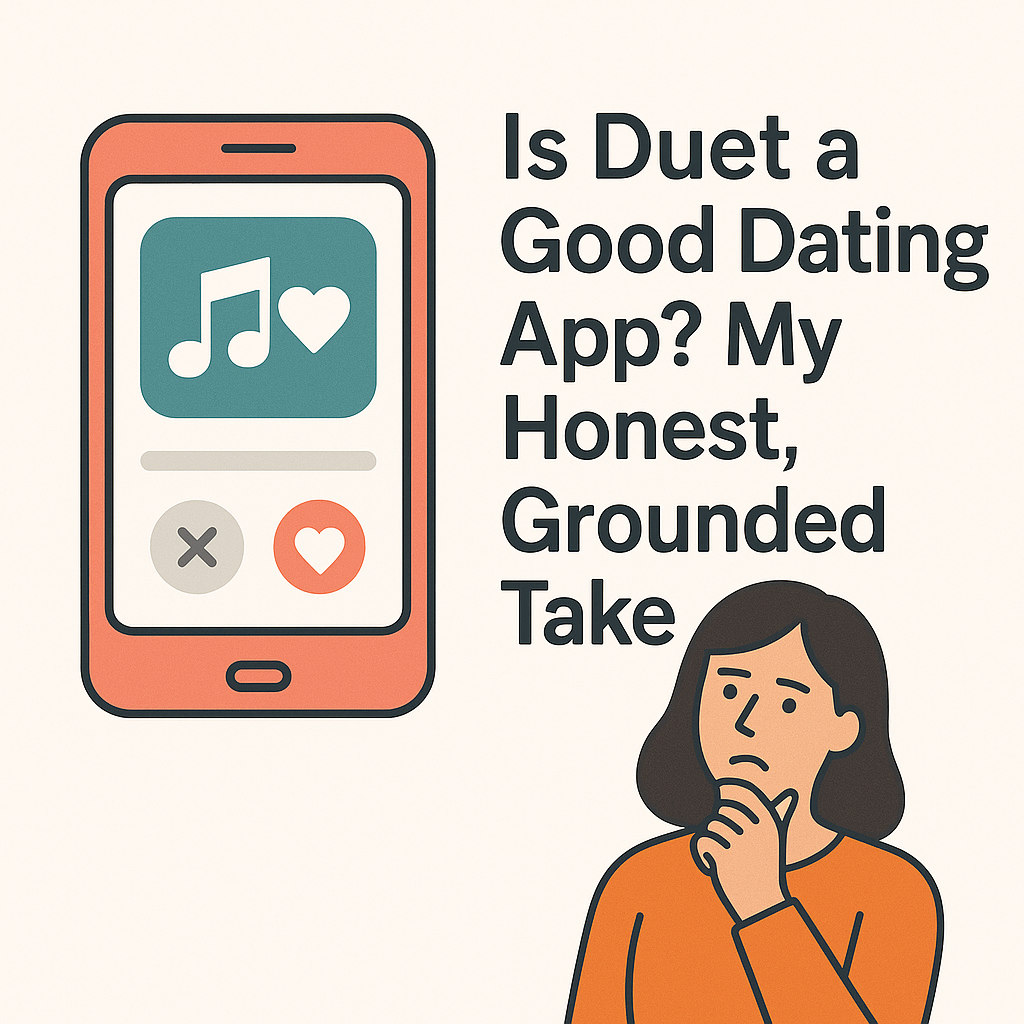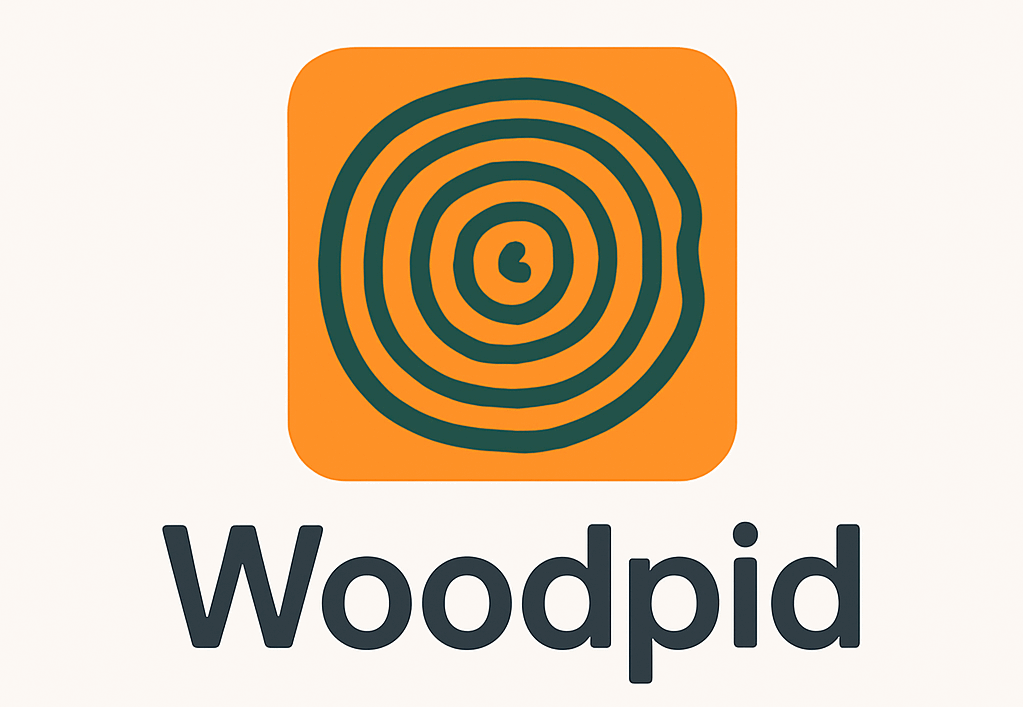
Here’s the thing: I haven’t used Duet myself. So I won’t pretend I did. Instead, I pulled from real user reports, app store comments, and community threads. Then I stitched the common themes into something clear and useful. You know what? That actually helps. One voice can be biased; a crowd shows patterns.
Short answer: Duet seems good for folks who want fewer, better matches and a nudge to meet in real life. It’s not great if you love fast swipes, late-night flirting, and lots of choice. For an additional candid perspective, the Her Campus Duet dating app review echoes many of these same takeaways.
If you'd like to dig a bit further, this honest, grounded Duet review walks through the app’s big wins and common stumbling blocks in even more detail.
What Duet Tries to Be
From public info and user chatter, Duet positions itself as a slower, more intentional dating app. Less scroll, more substance. Think:
- Profiles that push prompts and personality
- A smaller daily match pool
- Tools that encourage setting a time and place instead of texting forever
If Hinge feels chatty and Tinder feels speedy, Duet sits somewhere calmer—like a quiet cafe compared to a food court. If you’d like to see how this “quality-first” philosophy plays out in practice, eMLovz analyzes Duet’s matching system and explains why it appeals to daters who value compatibility over endless swiping.
Real-World Style Snapshots (Composite, From Multiple User Reports)
These are blended stories based on several reviews and posts. Not one person’s tale, but many voices rolled into clear examples.
-
The Slow Burn: A woman in a big city said she got only a handful of matches her first week. But two turned into dates. She liked that the app nudged them to pick a day, so the chat didn’t fizzle. One date was coffee plus a walk. Simple, safe, not awkward.
-
The Voice Note Guy: A guy in his early 30s shared that voice prompts helped. He said hearing tone made it feel “real.” He had fewer matches than on Tinder, but his first Duet match turned into a three-hour park hang. No fancy plan, just easy flow.
-
The “Busy Schedule” Match: Two people with odd work hours used the built-in scheduling tools. They found a 45-minute window and met at a bookstore cafe. They both said the app’s gentle push to pick a time helped them stop overthinking.
-
The Small Town Frustration: In a smaller city, a user saw limited profiles and felt stuck. They liked the vibe but said they needed a bigger pool. They kept it a month, then paused.
What People Tend to Praise
- Quality over quantity. Fewer matches, more intent. Less noise, better signal.
- Nudges to meet. Light structure helps stop endless chat and ghosting.
- Thoughtful prompts. Fun questions that help you show your quirks.
- Calmer vibe. Not a casino of swipes—more like a curated shelf.
Common Gripes You Should Know
- Not many matches. If you want lots of options, this can feel slow.
- City bias. Big cities do better. Small towns? It’s hit or miss.
- Fewer “instant sparks.” Without constant swiping, some folks get bored.
- Paywalls here and there. Most dating apps have them; Duet is no different, from what users say.
If Duet’s calmer messaging flow ever feels a bit too tame and you’d like to weave in some playful, consent-focused flirtation between dates, take a look at this quick-start sexting guide—it breaks down tasteful ice-breakers, boundaries, and advanced tips so you can keep the spark alive without falling into endless small talk.
Safety, Privacy, and All That Good Stuff
Reports mention standard tools: report/block, photo checks, and the usual profile controls. Still, always read the app’s safety page, lock down your settings, and meet in public first. Bring your own ride plan. That’s not fear. That’s smart.
A quick tip: Use a separate email for dating apps. Keeps things tidy and safer. For a deeper dive into online safety best practices, check out this concise guide on Woopid.
How It Feels Compared to Big Names
- Versus Tinder: Slower, fewer choices, less “slot machine” energy.
- Versus Hinge: Similar “we want real dates,” but Duet seems to push the meet-up step a bit more.
- Versus Bumble: Less about who messages first; more about structure and timing.
If you hate small talk but love actually meeting, Duet seems to fit. If you love endless browsing, it’ll bug you.
Who Will Probably Like Duet
- Busy pros who want one good date a week, not 50 chats
- People who freeze up at “So, when should we meet?”
- Folks who care about prompts, voice, and “real human” energy
Who Might Not
- Travelers or rural users who need a bigger pool
- People who want nightly swipes for fun
- Anyone craving instant results
A Tiny Work Term, Plain Talk Style
Think of your dating “funnel.” With Duet, the top is narrow. Fewer leads in, but higher conversion to real dates. That’s the promise. If that trade-off sounds good, you’ll likely be happy. If not, you won’t.
Final Answer
Is Duet a good dating app? Yes—if you want slower, deeper, and more “let’s actually meet.” No—if you want speed, volume, and gamified swiping. Try it for two weeks, watch how often chats turn into plans, and trust your gut.
Oh, and one more small thing: bring a simple first-date plan you can tweak—coffee, a short walk, or a bookstore stop.
For readers in the South West who want a stylish yet relaxed setting for that first meet-up, consider checking out Tryst Bristol—its cozy booths, craft cocktails, and low-key ambience create an easy space to spark conversation without the pressure of a formal dinner.
